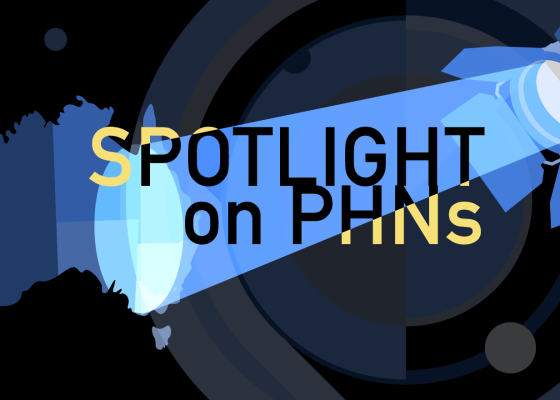Storm damage knocked things for a loop, but primary care is back on the rails after a positive response.
A mini tornado that ripped through the Gold Coast and Scenic Rim on Christmas night knocked out power and inundated the area with almost a half-metre of rainfall but the news coming out of Gold Coast PHN suggests the region is bouncing back well.
Susan Sullivan, communications manager at GCPHN told HSD today that only one general practice – on Mt Tamborine – had been severely affected, with patients diverted to another clinic while the practice closed last week for repairs.
The new Medicare urgent care clinic at Oxenford last power for three days, as did thousands of homes and businesses in the area, but was back up and operational on 28 December.
The Gold Coast City Council set up community recovery hubs that were up and running on Boxing Day, with a couple still providing assistance two weeks on from the storm.
Ms Sullivan said access to tetanus vaccinations had been boosted in the wake of the disaster, but the biggest problem had been cold chain breaches affecting QHIP-funded vaccines due to the power outages.
The Gold Coast Public Health Unit has called for any practices experiencing power outages affecting their vaccines to immediately isolate their vaccines and mark them clearly as “do not use”, before contacting the GCPHU for further advice.
HNEPHN marks end of strategic plan
Hunter New England PHN has marked the end of its five-year strategic plan by releasing its Close Out Report 2018-2023.
According to CEO Richard Nankervis and chair Wendy Mackin the past five years have seen the PHN reassess “how we saw ourselves as an organisation and the value we provide to our communities through a rebranding process, and our value was shown by our agile response to the Covid-19”.
“During the past five years the PHN has grown and risen to multiple challenges and emerging needs across the region including, but not limited to, the Covid-19 global pandemic, drought, floods, bushfires, and a mouse plague,” they wrote.
“In responding to these challenges, we have continued to advocate for our communities, prioritise needs and ensure we stay on the course of our vision.”
Over the course of the five-year plan the PHN’s budget grew from $49.3 million in 2018 to $108.1 million in 2023; the number of staff members went from 79 to 116; and the number of individual contracts commissioned with service providers grew from 65 to 139.
In terms of mental health, three new full headspace centres and two headspace satellite centres were opened in the region; the PHN undertook dynamic simulation modelling for suicide prevention and as a result launched a new suite of services; $1.5 million worth of commissioned services were provided; and broadened the mental health nurse incentive program which now supports more than 1600 people annually.
In the digital health space, HNEPHN provided 131 grants to residential aged care facilities for telehealth bundles to enable access to health care for residents; enabled access to My Health Record for 95% of GP practices and community pharmacies and 60% of private specialists in the region; generated 160,000 SeNT e-referrals since 2016; collected data on digital health maturity levels in the region including GPs, aged care, allied health and First Nations services; supported 206 general practices and 161 aged care facilities to assess their digital capability; and established a digital health advisory panel.
HNEPHN provided $100,000 in value-based allied health reconnection grants; provided 60 $5000 digital health grants to allied health practices; developed and launched the National PHN Allied Health in Primary Care Engagement Framework; and partnered with local allied health clinicians to develop a four-pronged annual strategy.
In general practice, the PHN funded $9.5 million to 361 practices through the Strengthening Medicare Grants program; helped 580 GPs, nurses and allied health professionals complete training in domestic violence identification and referral; provided over 2500 focused reports to GPs on a range of topics including diabetes, cervical screening, cardiovascular disease, mental health, CKD and First Nations health; submitted over 5000 QIPI claims on behalf of GPs; established over 6000 health pathways; and supported GPs across the region to achieve accreditation, increasing the percentage of accredited practices in the area to 91%.
HNEPHN’s 2023 to 2028 Strategic Plan is available here and the annual report is here.
Coordinare looking for feedback
South Eastern NSW PHN (Coordinare) is conducting a region-wide needs assessment to understand the barriers around accessing and providing primary health care services in three specific areas:
- After hours primary care
- Primary health care access by CALD communities.
- Primary health care access for people experiencing homelessness and those at risk of homelessness.
The needs assessment will inform the planning of primary care health services to ensure health needs and service requirements of the region are reflected in service design and implementation.
The PHN has partnered with Rubric Consulting to undertake a series of consultation sessions. Rubric Consulting will be arranging in-depth interviews and/or focus group sessions with relevant stakeholders during the coming months.
Contact Rubric by 15 January to participate.


